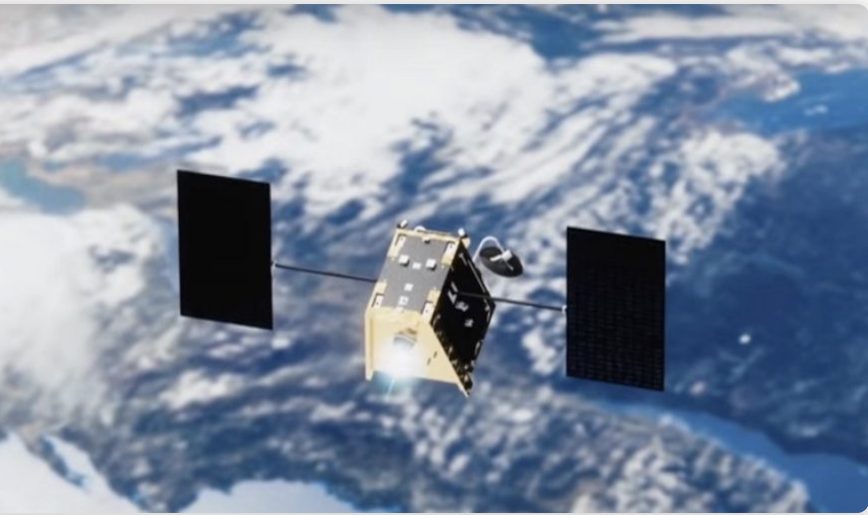The UK Chair of the Parliamentary Space Committee David Morris reportedly sees a path back into Galileo participation for his country, thanks to a major investment from Europe into the OneWeb system, which the UK controls.
Morris reportedly told the Daily Express that the £550 million ($779 million) investment from Eutelsat of France, a major global satellite operator, in the OneWeb low-Earth orbit satellite communications constellation could be the key. “OneWeb has 182 satellites already, has the spectrum and orbital slots EU doesn’t and comprises leading European aerospace – Ariane and Airbus – in its technology. The UK can work through ESA to provide an immediate and complementary pathway to Europe for global capacity. The EU can readmit the UK to full Galileo membership and its resilience can be enhanced on OneWeb generation 2 satellites.”
In July 2020, Britain signed a £900 million ($1.135 billion) deal to buy a part share of satellite operator OneWeb, a low-Earth orbit constellation in the process of upgrading itself while it had simultaneously gone bankrupt. OneWeb’s business plan was to provide global high-speed broadband services. There was speculation at the time that the UK government intended to generate its own satellite-based navigation signals from OneWeb, as it had been shut out of Galileo security signals by its Brexit move. Some satnav experts quickly dashed that notion, but others demonstrated that it just might be possible. A follow-up position piece in Inside GNSS by two recognized UK experts cast further doubt on the possibilities.
However . . . On April 27, Paris-based Eutelsat announced that it had purchased a 24 percent share in OneWeb. Airbus, a German company with a large French subsidiary., currently makes the OneWeb satellites at a facility in Florida, USA. It gets a bit murky from here on, but MP Morris claims that it will all make sense eventually. That’s because the UK Government has final say over access to OneWeb technology by other countries on national security grounds. Thus, his interpretation goes, it will be to the European Union’s advantage to invite Britain back into Galileo participation.
All parties, including the European Space Agency and the European Commission, emphasize that no formal discussions have taken place. What is known is that late last year, following intensive negotiations, the Commission reached an agreement with the UK on the terms of its future cooperation with the European Union.
The EU is highly motivated to either create its own broadband constellation or gain secure and full access to one, to establish connectivity for citizens, commercial enterprises and public institutions, focusing on covering rural regions and areas without adequate communications services.
Meanwhile OneWeb is well on its way to completing and launching 650 LEO broadband satellites. SpaceX boasts its Starlink constellation with more than 1,600 satellites estimated in orbit. Iridium has aired a more modest effort with 81 in its NEXT generation, but it has a satnav positioning aspect of its own through Satelles.
Oh, what a tangled web these mortals weave.






